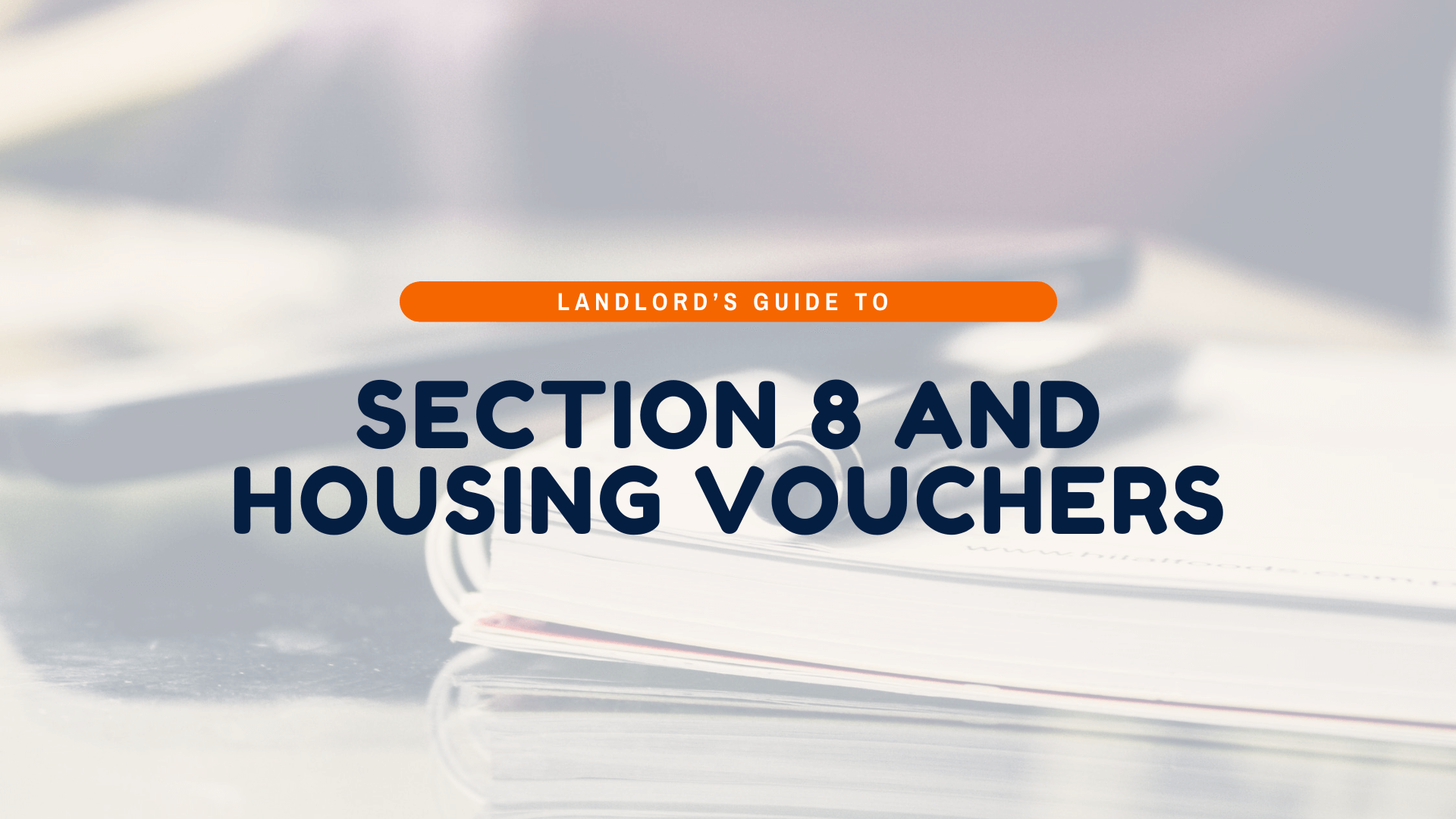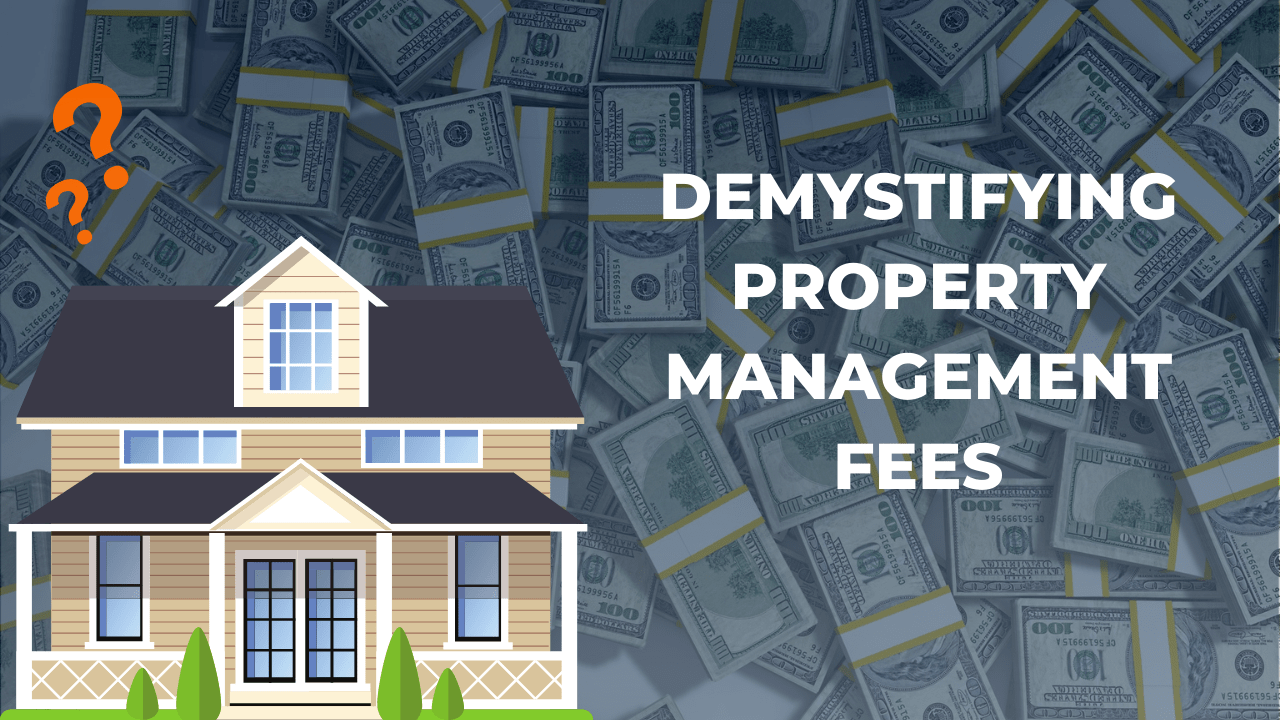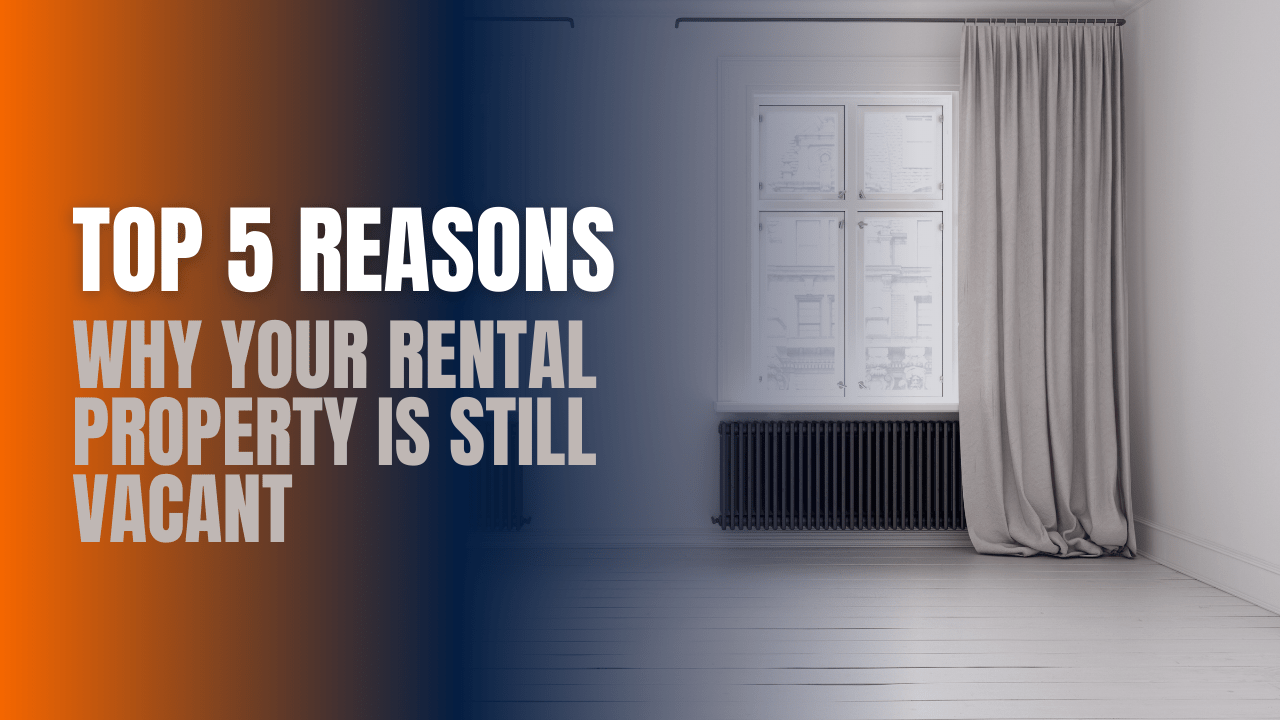We can help you navigate this new legal landscape. Contact us at Onyx Property Management, where we serve owners and investors in the entire county, including in San Diego, Chula Vista, Oceanside, Carlsbad, and the surrounding areas.
Landlord’s Guide to Section 8 and Housing Vouchers in San Diego

The Tenant Protection Act, also known as AB 1482, went into effect in 2020, and while the provisions that got the most media attention included rent control and eviction, there were also some pretty heavy ramifications for Section 8 housing in San Diego and throughout the state.
We’re talking about housing vouchers today, and what they mean for your rental property. The law has become more complicated, and it’s easy to make an expensive mistake. Be prepared and stay up to date as best you can because these laws change all the time.
Understanding Section 8 and Housing Vouchers
Section 8 is a term that gets thrown around a lot, especially when we talk about rental housing, but you may not know exactly what it means.
Section 8 has been around since 1937, when the federal government began to provide housing assistance to people who could not afford to pay rent on their own. Today, it’s a voucher system that’s managed locally.
Under this program, landlords rent properties to qualified tenants even if they don’t have the income to meet the rental requirements. The voucher steps in to finance the portion of rent that the tenant cannot pay. Tenants have to qualify for the program, and your property will have to qualify as well before you can rent it out to someone who plans to use a voucher to pay for all or part of the rent.
San Diego Landlords Cannot Disqualify Section 8 Tenants
The Tenant Protection Act expanded a protection that California already had in place regarding source of income.
Before the new law, landlords were permitted to disqualify applicants based on how or where they made their money. With the new legislation, federal housing vouchers like Section 8 are to be considered income, meaning landlords cannot deny an otherwise qualified applicant simply because that tenant has Section 8 benefits.
It counts as income, and it has to be considered when evaluating an application.
Changing Advertising and Screening Practices
This law impacts the way you advertise your
San Diego rental property. In the past, if you didn’t want to rent to tenants with Section 8 vouchers, you could simply advertise that you wouldn’t consider them. “No Section 8” was a common phrase to see in online listings and physical yard signs.
This is no longer acceptable. Make sure your marketing reflects the new laws, or you can face serious fines for being out of compliance.
Your screening process will need to be adjusted as well. When applicants report their income, your Section 8 applicants will be able to offer the amount of their voucher as money that’s been earned and this needs to be considered as income during the screening process.
You can still reject Section 8 tenants if they don’t meet your other criteria. If they were evicted two years ago and your standards say no evictions in the last 10 years, you can deny their application. If you have minimum credit standards that need to be met and an application from a Section 8 tenant falls short of your credit requirements, you can deny the application.
However, if all other criteria are met, you have to approve a Section 8 tenant or face a claim of discrimination.
Tenants have a lot of new protections in place. Not only do you have to understand the Section 8 requirements, you also have to understand the eviction moratorium set forth in AB 91 and what it means for San Diego landlords. The rent control laws also play a part in how the market performs. We don’t have rent control the way some communities in northern California do, but the statewide rent control law now applies to many rental homes in the greater San Diego area.














